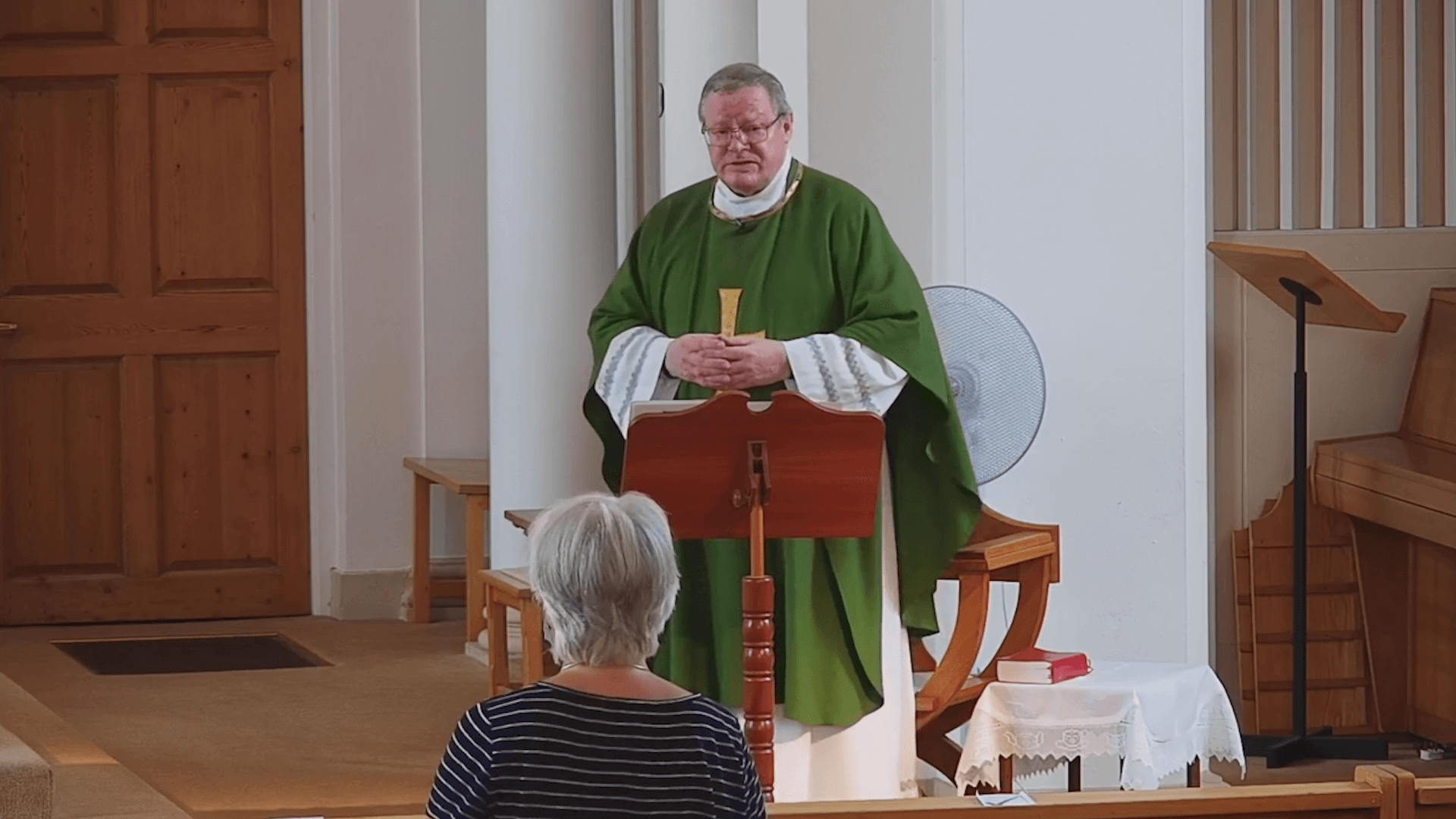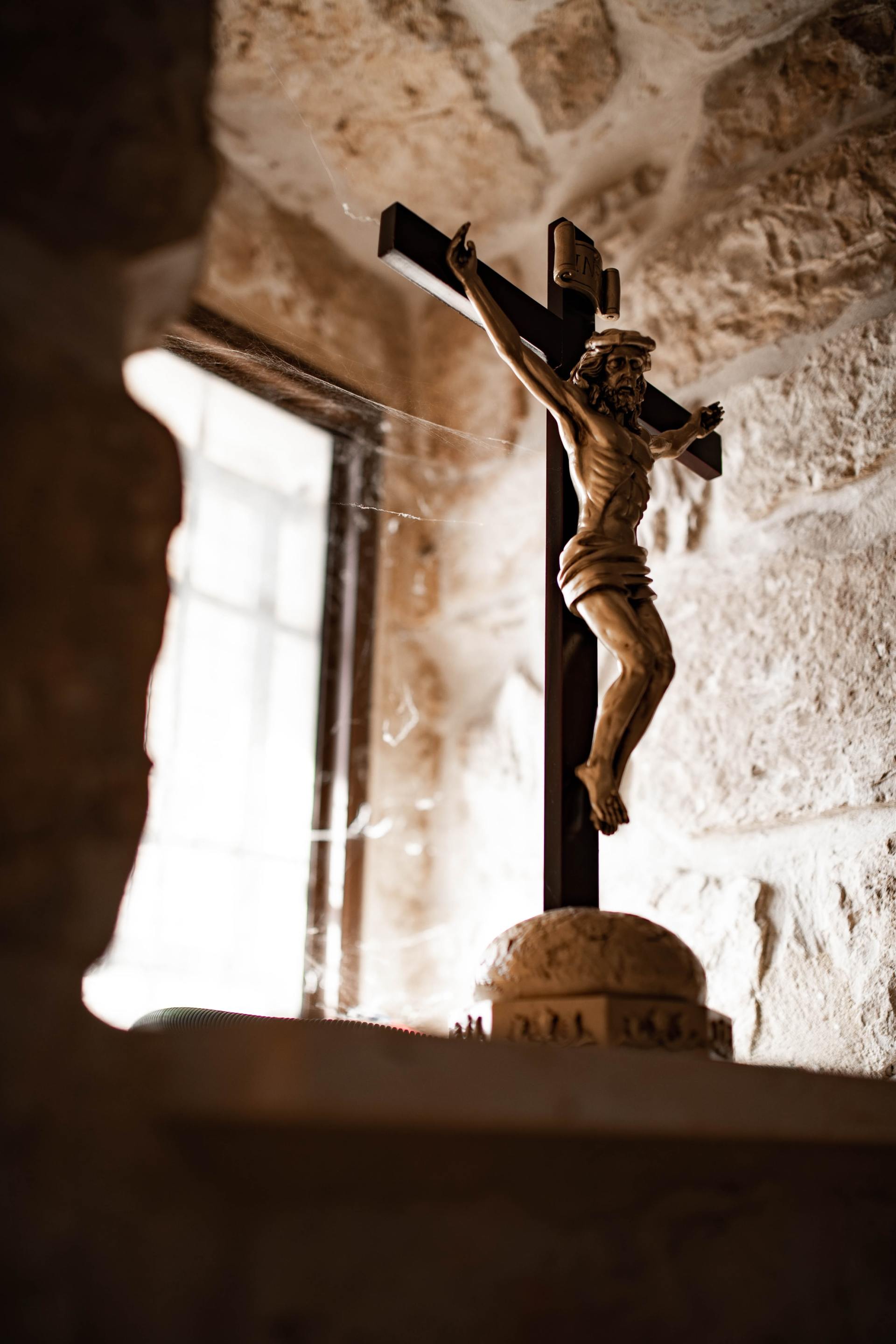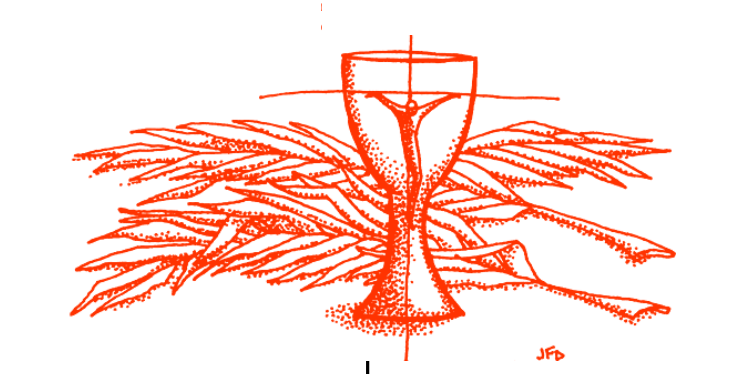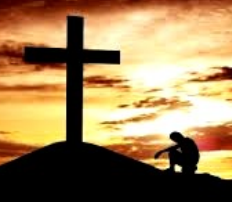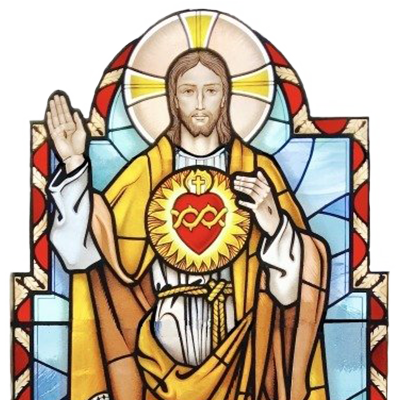Sunday 18th July 2021
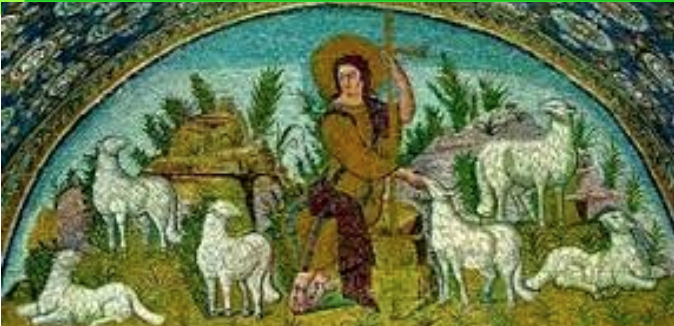
The prophet Jeremiah sounded a warning over 2,500 years ago, chastening those who would mislead the Lord’s flock: “Woe to the shepherds who mislead and scatter the flock of my pasture, says the Lord.” It is also a current problem, made tragically clear in the crisis of clergy sex abuse and its mishandling by so many of our bishops, laid bare in the media for all to see. It is a reality that drives people out of parishes, and even from the Church. Each of us is responsible before God for our behaviour, but those who have been assigned to care for the people of God, the shepherds who have been asked to guide the sheep, have a heavy burden when the sheep are scattered and driven away due to the actions, or lack of action, by the shepherds. God chastises the shepherds who have “scattered my sheep and driven them away.”
Through Jeremiah, God promised that the scattered “remnant of my flock” would be gathered up and good shepherds raised up to guide them. While the historical context of the Babylonian exile is clear in these promises to Israel through the prophet Jeremiah, the eschatological context is also evident in God’s promise to “raise up a righteous shoot to David,” who “shall reign and govern wisely.” This promised Messiah was raised up as the Good Shepherd not just for the people of Israel, but also for all of the sheep who did not belong to that one fold (Jn. 10:16). And it was through the life of the Good Shepherd that we “who once were far off have become near by the blood of Christ” (Eph. 2:13). The shepherd not only protected his sheep, but gave up his own life to bring us life eternal. This compassion for the flock, both those who knew the voice of the shepherd and those who were not yet aware of their heritage as God’s people, enlivened all that Jesus did in his mission. His work was for the life of his flock.
Jesus also raised up shepherds to continue to guide the flock. After being sent out to evangelise, the apostles reported back to Jesus on “all they had done and taught.” The Good Shepherd’s compassion extended to those protégés, who Jesus knew needed rest, so he took them to a deserted place. Yet Jesus, when he “saw the vast crowd,” did not turn from the flock and focus on the shepherds. Jesus’ compassion was poured out on the sheep, “for they were like sheep without a shepherd.” Jesus’ compassion instead was a model for the shepherds who would continue his mission. In responding to the needs of the flock, Jesus gives us the priorities of the Good Shepherd: serve the people; care for the people; build up the people. These are the priorities not just of the Good Shepherd; they must be the priorities also of the successors to the apostles, who have been called to shepherd the people.
